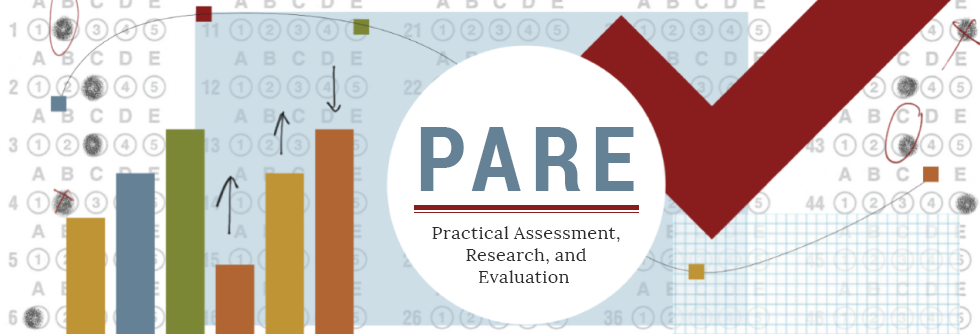“Rational” Observational Systems of Educational Accountability and Reform
- A. Amrein-Beardsley
- J. Holloway-Libell
- A. M. Cirell
- A. Hays
- K. Chapman
Abstract
There is something incalculable about teacher expertise and whether it can be observed, detected, quantified, and as per current educational policies, used as an accountability tool to hold America’s public school teachers accountable for that which they do (or do not do well). In this commentary, authors (all of whom are former public school teachers) argue that rubric-based teacher observational systems, developed to assess the extent to which teachers adapt and follow sets of rubric-based rules, might actually constrain teacher expertise. Moreover, authors frame their comments using the Dreyfus Model (1980, 1986) to illustrate how observational systems and the rational conceptions on which they are based might be stifling educational progress and reform. Accessed 4,702 times on https://pareonline.net from August 20, 2015 to December 31, 2019. For downloads from January 1, 2020 forward, please click on the PlumX Metrics link to the right.
Keywords: Evaluation Methods, Teacher Evaluation
How to Cite:
Amrein-Beardsley, A., Holloway-Libell, J., Cirell, A. M., Hays, A. & Chapman, K., (2015) ““Rational” Observational Systems of Educational Accountability and Reform”, Practical Assessment, Research, and Evaluation 20(1): 17. doi: https://doi.org/10.7275/td4c-tr89
Downloads:
Download PDF
View PDF
668 Views
123 Downloads
